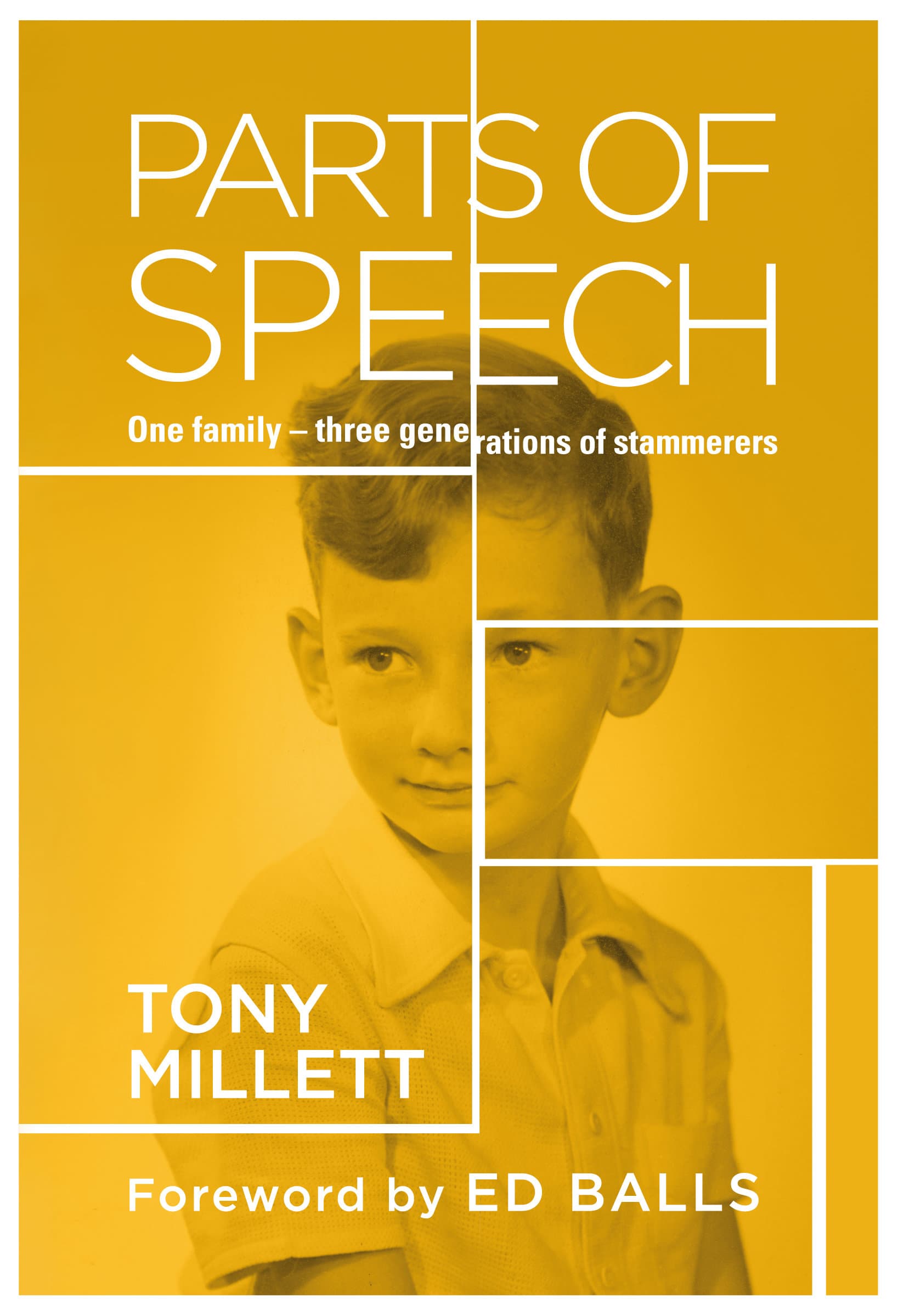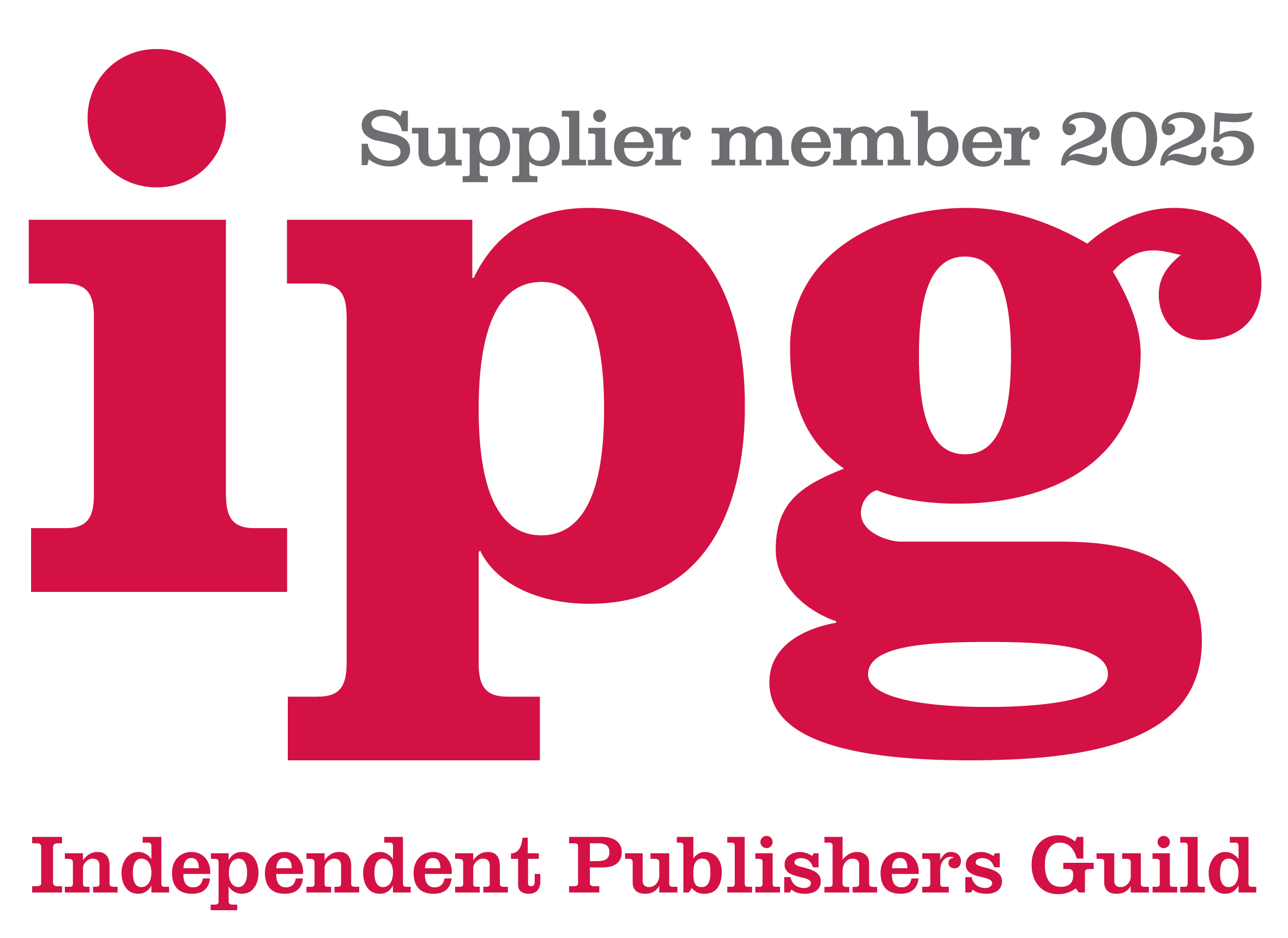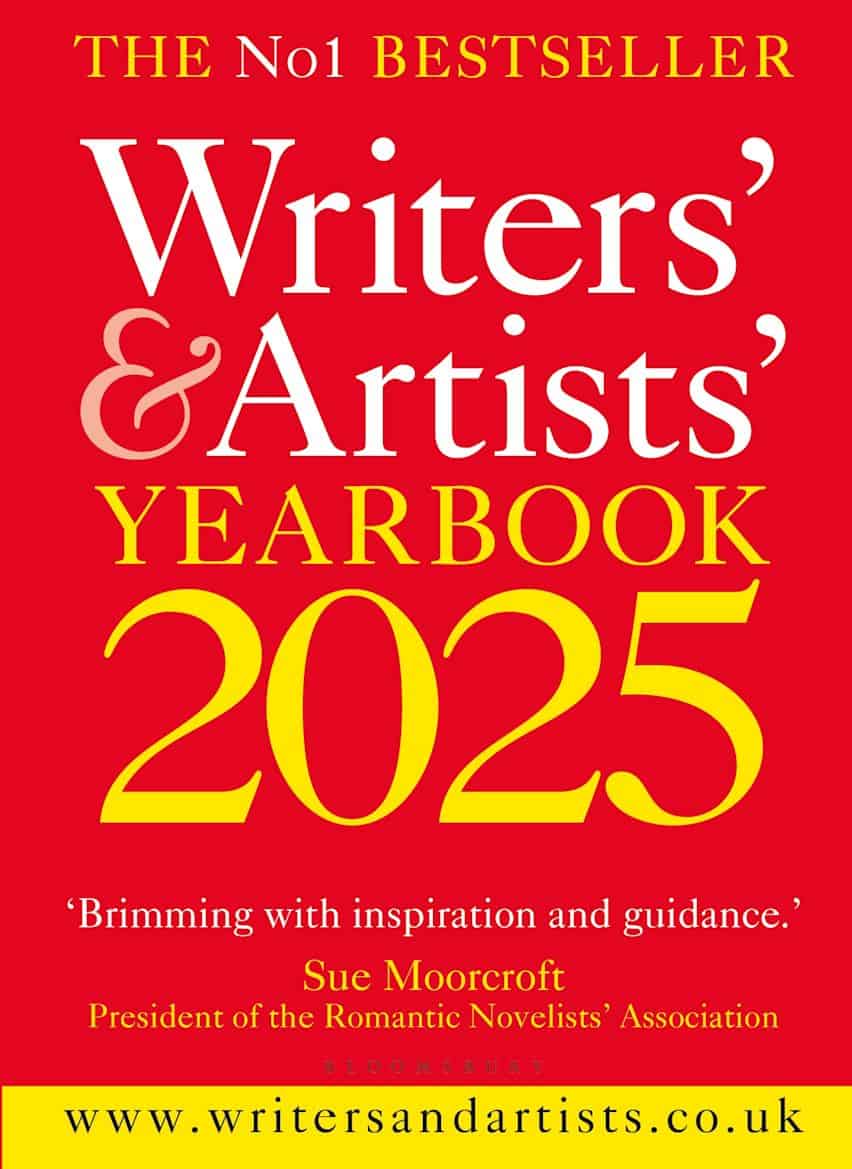I am something of an expert when it comes to not getting books published. I wrote a book about the First World War which got beaten to the bookshops by a very similar volume. I wrote a novella that came back from an agent’s reader with a one line note: “This should never be published.” And it took me thirteen months of research to make my PhD up to date and publishable, only to be told their sales department decreed it was not commercially viable.
So I was a bit mystified when a very experienced London agent failed to find a publisher for my memoir about the three members of our family who have stammered – my father, myself and our elder grandson, Thomas. Several publishers deemed it not to be commercial enough – meaning, I must assume, they thought people would not want to read a book about stammering.
That judgment goes right to the heart of the reason I wrote PARTS OF SPEECH: One family – three generations of stammerers.
Stammering is too often a hidden disability that is not much talked about or understood – which, in turn, is no help to those who stammer. I wanted to help change attitudes to stammering and bring it further into the open.
My wife and I were determined to get the book published – aiming in part to raise some funds for Action for the charity Stammering Children (ASC) which supports the Michael Palin Centre in London where Thomas had such successful help with his stammer.
The Self-Publishing Partnership made the whole process of turning a manuscript into a paperback book really simple and straightforward. Much email toing and froing of versions of the front cover, then of the full cover and then many more of the ‘internals’ or text, all became part of a seamless process. The designers worked closely to our very amateur design ideas for the cover. And page design and fonts were right at the first time of asking.
The resulting paperback looks good, feels good in the hand, and is clear and easy to read. In addition the photographs have printed really well without the extra expense of a glossy photo section.
It will raise some funds for ASC. We just hope the print run will sell out – and so prove those publishers who rejected it to be wrong. At the very least, I hope it will help raise awareness of the problems stammerers face and bring the whole subject further into everyday discourse.




